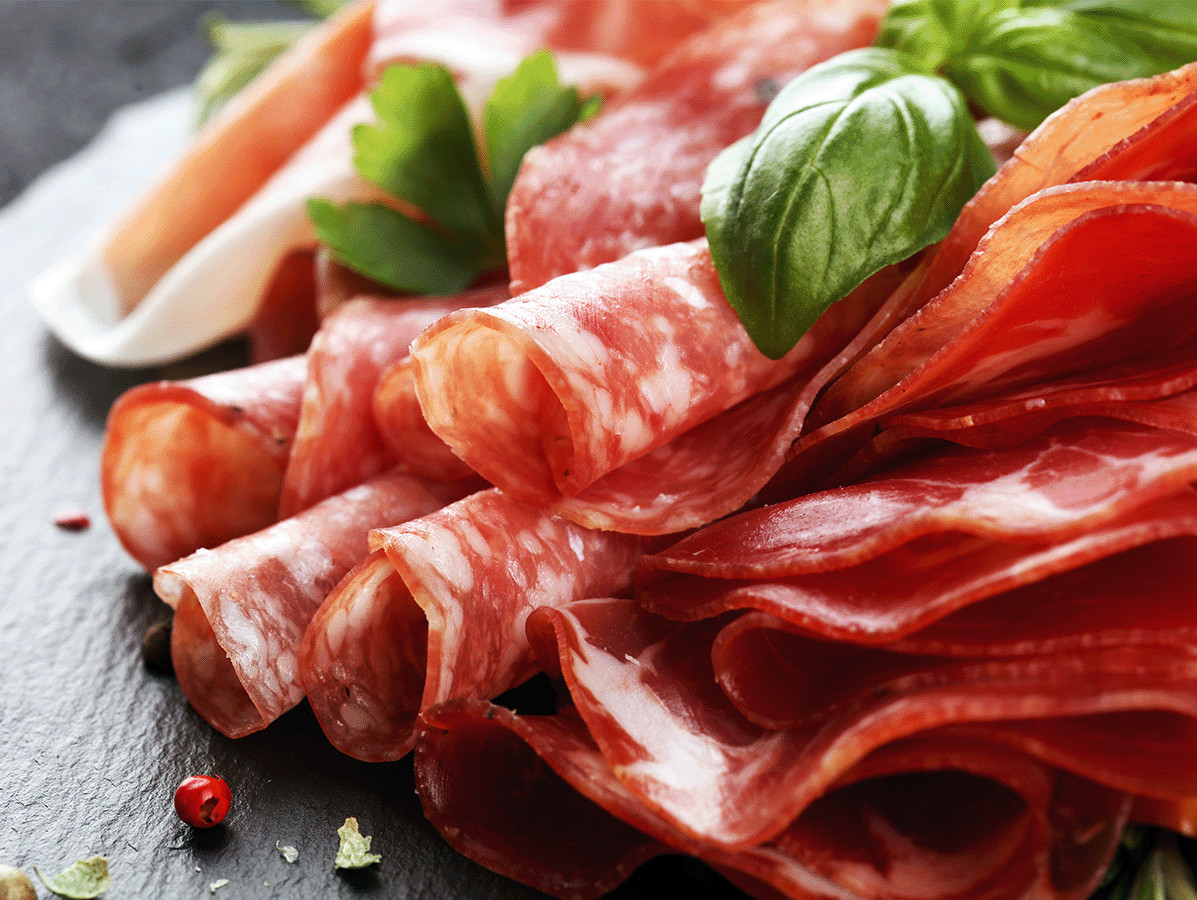
There is a link between exposure to nitrate and nitrite, including through eating processed meat, and the risk of colon cancer. This is according to an opinion of the French health agency, Anses. The French government promises to come up with an action plan in the autumn of 2022.
In its report, Anses recommends that 'voluntary measures be taken to limit the population's exposure to nitrates and nitrites by reducing dietary exposure'. In response, the French health and agriculture ministries have already announced that they will present an action plan to parliament this autumn. The aim is to limit the addition of both substances to food to 'what is strictly necessary'.
The International Agency for Research on Cancer (CIRC) of the World Health Organisation had already classified processed meat as carcinogenic in 2015. Nitrites are considered 'probably carcinogenic' by the same body. The substances are added to meat products to extend their shelf life and prevent the development of bacteria that cause botulism. They also give the naturally grey ham its pink colour.
In its opinion, the Anses agency therefore recognises that 'the reduction in the level of additives is likely to significantly increase the microbiological risk'. There would therefore be an increased risk of developing botulism or of contaminations with salmonella and listeria bacteria. Anses therefore proposes 'compensatory measures' to reduce the latter risks. For example, the final date for consumption of products can be shortened and additional measures can also be taken at an earlier stage of production, for example at farms and in slaughterhouses.
Finally, the agency also warns that many 'nitrite-free' products on the market are not completely safe either. The plant extracts or vegetable broths added as substitutes 'do not represent a real alternative as they naturally contain nitrates which are converted into nitrites under the influence of bacteria'. The products therefore contain 'hidden nitrates and nitrites'.
Source: Knack